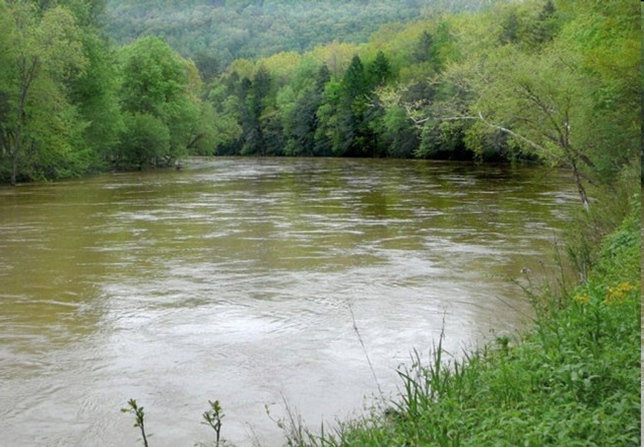WV’s Refusal to Comply With Clean Water Act Triggers EPA’s Duty to Step In

Big Clear Creek, Anjean Road
Today a federal judge ordered EPA to act within 30 days in light of the failure by the West Virginia Department of Environmental Protection (“WVDEP”) to comply with the Clean Water Act. In a case brought by Appalachian Mountain Advocates on behalf of the Sierra Club, the Ohio Valley Environmental Coalition, the West Virginia Highlands Conservancy, and the West Virginia Rivers Coalition, Judge Robert C. Chambers of the United States District Court for the Southern District of West Virginia concluded that WVDEP had failed to do its duty under the Clean Water Act to develop plans to reduce water pollution on streams affected by coal mining and the federal government must step in. The Court’s opinion is available here.
The case involved WVDEP’s decades-long refusal to develop Total Maximum Daily Loads—or TMDLs—which are “pollution budgets” designed to improve water quality in West Virginia’s mountain streams. The streams at issue have been designated as biologically impaired because of diminished levels of aquatic life. WVDEP has identified the cause of the absence of aquatic life in nearly 200 of those streams to be ionic toxicity related to mining pollution.
The Clean Water Act requires states to develop TMDLs for any stream in its borders that is not meeting water quality standards. If a state does not come up with a sufficient plan, then the Clean Water Act requires EPA to step in and develop the plans.
WVDEP told EPA that it could not develop the TMDLs because, in 2012, the West Virginia Legislature required it to develop a new methodology to determine whether water quality in a stream was sufficient to support aquatic life. WVDEP relied on that statute—SB 562—as an excuse to ignore its obligations under the Clean Water Act. Despite promising to develop the new methodology year after year, WVDEP appears to be unwilling to complete it in order to continue delaying necessary regulation of the coal industry. Full story HERE


























































